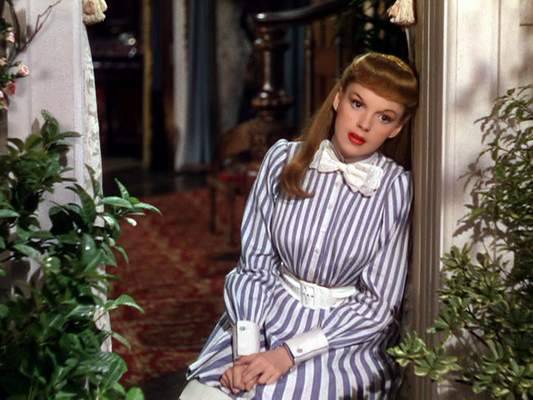 It has come to Cosmodrome’s attention that the AFI (American Film Institute) will unveil a new list of the 100 greatest American films in a June 20th, star-laden broadcast on CBS (the first list was announced in 1998). So as we countdown the hours and minutes until we hear the new list (and hear the string of obligatory celebrity soundbites that, according to the AFI’s website, will include the likes of Peter Bogdonavich, Eva Mendes, and M. Night Shyamalan), we would like to do some of our own reflecting about great American movies.
It has come to Cosmodrome’s attention that the AFI (American Film Institute) will unveil a new list of the 100 greatest American films in a June 20th, star-laden broadcast on CBS (the first list was announced in 1998). So as we countdown the hours and minutes until we hear the new list (and hear the string of obligatory celebrity soundbites that, according to the AFI’s website, will include the likes of Peter Bogdonavich, Eva Mendes, and M. Night Shyamalan), we would like to do some of our own reflecting about great American movies.
There are many directions that our discussion might go. How do tastes in cinema evolve (both in regards to the AFI and ourselves on a personal level)? What value (if any) do these lists and canons actually have? And when we talk about the greatest American films, should these be movies that reveal some truth about this country we live in, movies that are not just shot in America or financed by U.S. dollars but that address the historical themes of America?
I hope we will be able to touch on many of these issues in our discussion, and I think things gets most interesting at the places where these concerns intersect. So how to get this discussion started? Rather than launching a pre-emptive strike on the AFI by posting my own list of the100 American greatest films (a list which I have never created and don’t know if I could), I instead would like to focus on one particular movie I love and that seems indispensable to any canon of American cinema. Others can disagree with my choice, suggest their own films, or take a completely different approach.
6/13/07: Eric Hoyt on MEET ME IN ST. LOUIS
6/14/07: Jon Lefkovitz on HIS GIRL FRIDAY
6/14/07: Jeff Deutchman on MY OWN PRIVATE IDAHO
6/18/07: Eric Hoyt on ACE IN THE HOLE
6/19/07: Nihal on L.A. CONFIDENTIAL